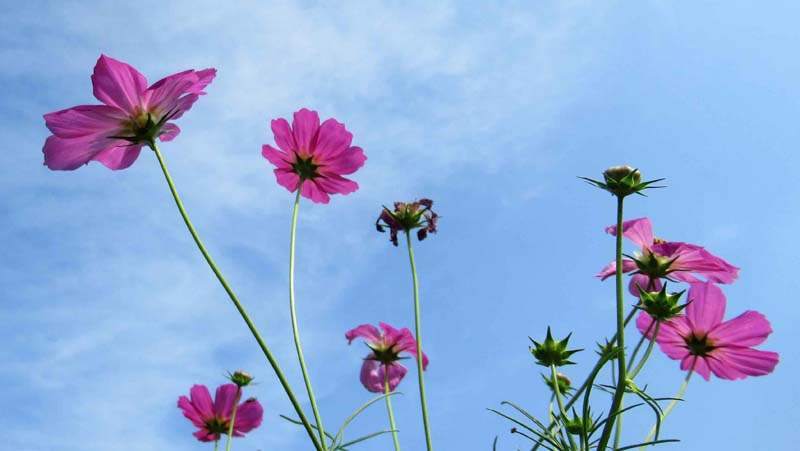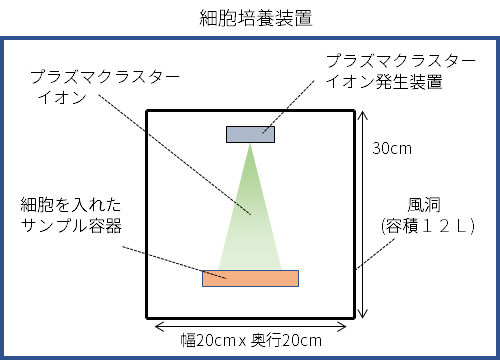2022-10-13 アメリカ国立再生可能エネルギー研究所(NREL)
このプロセスは、10年前に先駆けて行われた研究を基にしたもので、化学的酸化は、デュポン社の科学者によって開発された様々な種類のプラスチックを分解するために使用することができる。NRELの研究者は、酸素と触媒を使用して、それらの小さな化学ビルディングブロックに大きなポリマー分子を分解する、この化学に構築された。
BOTTLEチームは、土壌微生物「Pseudomonas putida」を使って、中間体の混合物を生物学的に「漏斗状」にして、単一の生成物(生分解性バイオプラスチックの新種であるポリヒドロキシアルカン酸(PHA)や、新しい性能向上型ナイロン材料に使用できるベータケトアジペート)を得るよう設計したのである。
酸化プロセスは、難燃性のプラスチックポリマーを、バクテリアが消費できるような小さな分子に変換する。
この化合物は、微生物にとって、優れた炭素源、エネルギー源となる
<関連情報>
- https://www.nrel.gov/news/press/2022/bottle-project-outlines-new-strategy-for-valorization-of-mixed-plastic-waste.html
- https://www.science.org/doi/10.1126/science.abo4626
タンデム化学酸化と生物学的ファンネルを用いた混合プラスチック廃棄物の価値化 Mixed plastics waste valorization through tandem chemical oxidation and biological funneling
Kevin P. Sullivan,Allison Z. Werner,Kelsey J. Ramirez,Lucas D. Ellis,Jeremy R. Bussard,Brenna A. Black,David G. Brandner,Felicia Bratti,Bonnie L. Buss ,Xueming Dong,Stefan J. Haugen,Morgan A. Ingraham,Mikhail O. Konev,William E. Michener,Joel Miscall,Isabel Pardo,Sean P. Woodworth,Adam M. Guss,Yuriy Román-Leshkov ,Shannon S. Stahl,Gregg T. Beckham
Science Published:13 Oct 2022
DOI: 10.1126/science.abo4626
RELATED PERSPECTIVE
Recycling plastic using a hybrid process
BY NING YAN
Funneling mixed waste with microbes
Current plastic recycling methods require sorting by chemical composition, a method that is expensive and results in products that are of lower quality and value than the starting plastic. If plastic waste could instead be converted to valuable chemical intermediates, then economical use of mixed waste as a feedstock might be feasible. Sullivan et al. developed a two-stage oxidation and biological funneling approach that can break down and reform mixtures of common consumer plastics (see the Perspective by Yan). The end products can be adjusted by metabolic engineering of the microbes in the second step, which should enable tailored conversion into various platform or specialty chemicals. —MAF
Abstract
Mixed plastics waste represents an abundant and largely untapped feedstock for the production of valuable products. The chemical diversity and complexity of these materials, however, present major barriers to realizing this opportunity. In this work, we show that metal-catalyzed autoxidation depolymerizes comingled polymers into a mixture of oxygenated small molecules that are advantaged substrates for biological conversion. We engineer a robust soil bacterium, Pseudomonas putida, to funnel these oxygenated compounds into a single exemplary chemical product, either β-ketoadipate or polyhydroxyalkanoates. This hybrid process establishes a strategy for the selective conversion of mixed plastics waste into useful chemical products.



